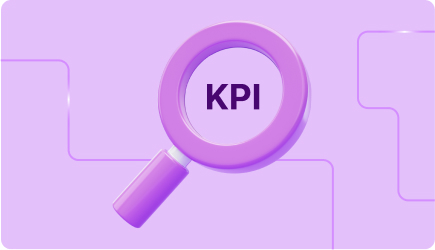
Why Insurance Marketing Differentiation Is Crucial

Insurance is a product inherently based on differentiation. Nowadays, it’s common knowledge that different customers pay different monthly premiums for the same car or health insurance policy. These varying premiums are calculated based on the expected LTV (Lifetime Value) of each customer, determined by a combination of dozens of characteristics, risk rating models, customer data, machine learning, and predictive analytics.
The Disconnect Between Insurance Marketing and Differentiation
Numerous Insurtech companies were founded on the (justified) assumption that carriers would become more efficient and competitive by automating and personalizing their rating, billing, claims, and policy management processes. Unfortunately, marketing & distribution seem to have been left out of this insurance marketing differentiation equation, despite the major tech advancements in other areas.
The Cost of Standardized Marketing in the Insurance Industry
In the U.S., insurance companies spend more than $140 billion annually on marketing & distribution. According to recent studies, the marketing budgets of financial service providers are second only to retail. However, unlike their actuary and product counterparts, who excel in customer differentiation, marketing in insurance remains standardized, not data-driven enough, and lacks true industry specialization.
The Challenge of Adopting the Direct-to-Consumer Model
Moreover, the declining profitability and digital transformation in the insurance industry require carriers to adopt the Direct-to-Consumer (D2C or DTC) model—selling their products directly to end customers. However, their lack of a unified source of first-party data forces carriers to depend on third-party suppliers, further complicating insurance marketing differentiation.
The Impact of Fragmented Customer Data
Insurance marketing teams are often in the dark, unaware of the possibilities available to them. A significant disconnection exists between marketing and actuary/product teams, leading to marketing decisions based on separate KPIs or, worse, estimations, “feelings,” or “beliefs.”
The Solution: Centralized Data and AI-Driven Marketing
But there is a solution. Insurance marketing teams can centralize their customer data from all channels and work in synergy with other departments, sharing information and insights. By creating a cross-organizational streamlined data process, companies can achieve accurate customer differentiation and enable AI-based optimization and data-driven decisions. This approach ensures that the marketing team can drive profitability and become the leading source of customer insights within the organization.

